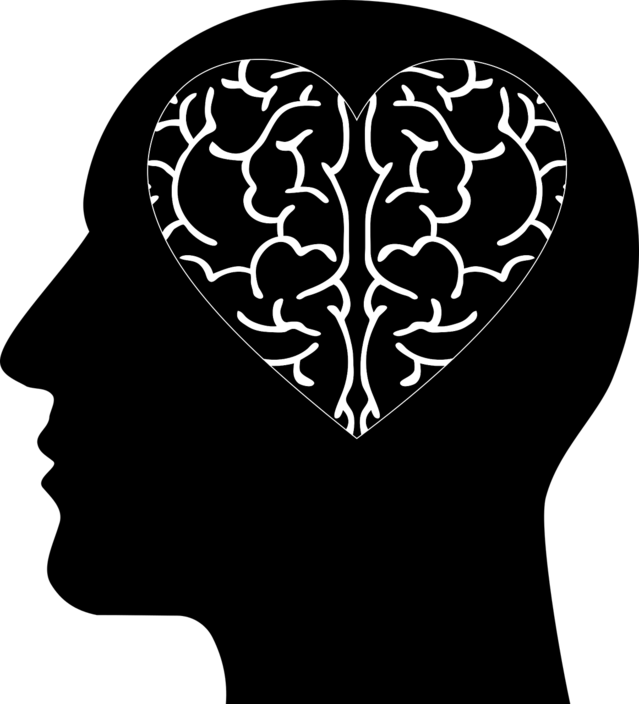Health
Suicide, Mental Health Stigma, Shame and Social Media
Cultivating friendliness with our inner lives.
Posted June 8, 2018

America was shocked this week by the apparent suicides of two successful celebrity entrepreneurs who are reported to have suffered mental health or substance abuse issues over the years. The tragic deaths of Kate Spade and Anthony Bourdain are powerful reminders that no one, no matter their station in life, is immune to problems in physical and mental health. We are all just human–vulnerable, prone to suffering, and interdependent. We need each other, and we need to learn how to cope with the challenges of being human.
We in the general public don’t know and may never know the specific causes for Spade and Bourdain’s suicides, but we can keep working on eradicating stigma around mental health and suicidality. Suicides have increased in all states since 2000, and by as much as 25% in half the states. 45,000 Americans died by suicide in 2016, making it the 10th leading cause of death overall (but it is a bigger risk for certain groups like older white men, Native American/Alaskan girls and women age 15-24 and older Asian American women). While this is still not totally understood, experts point to the easy availability of guns (the leading cause of impulsive suicides) and financial stresses especially in rural areas. Dr. Liza Gold emphasized on the PBS Newshour that risk factors for suicide of mood disorders and substance abuse - but demographic factors (age, gender, ethnicity, geographic location) might be greater predictors. Most people who commit suicide have not sought treatment for mental health issues, though they may have them. Feeling shame, feeling that one is a burden to others, and having chronic health conditions seem to be risk factors for suicide. Protective factors include social, familial and therapeutic support. Also, removing lethal means such as guns from those at risk of suicide also reduces the chance of completion.
I think the basic principles for dealing with life’s challenges are mindfulness, compassion and relationship, what I called “These Three Things” in an article for Hyphen Magazine, available here. By relationship, I mean real world (IRL) relationship, not just social media. Mindfulness allows one to view one's thoughts, emotions and stories more objectively and move from reaction to response. Self compassion cultivates kindness towards oneself, as we treat ourselves as we would a dear friend, and offer help not criticism. Relationship is essential for us as human beings, especially in times of stress and suffering.
It’s possible that some support is available through social media, but there is also research that shows that often those who are in need of support end up feeling dissatisfied with the support they receive online. “A comment thread is not the tapestry I seek,” I write in the article and in my book Facebuddha: Transcendence in the Age of Social Networks (winner of a 2017 Nautilus Silver Award for Religion/Spirituality of Eastern Thought).
Online, the rich often get richer: those who have secure attachment tend to have better online relationships. However, the poor often get poorer. Those with mental health issues, or with insecure or anxious attachment patterns, can find the online environment falls short. Also, I believe all our communal wounds – of racism, sexism and misogyny, homophobia, tribalism – result from self-centeredness and empathic failure. We can’t heal them online, as much as they might give our wounds voice and validation. As human beings, we have “open limbic loops” that require physical presence, tone of voice, facial expressions, body language, etc., to really soothe, validate and normalize us. We can't get these online.
If you’re concerned about the effects of social media on your mental health and relationships, you can take the Facebuddha Mindfulness Challenge, outlined on my website.
Bourdain and Spade’s deaths also reminded me that we sometimes identify with our personas and facades, our roles and our statuses, and not ask for help when we need it. (I don’t know if this was a factor in their suicides, though.) It can feel intolerable to not match what other people think of us or our own ideals. We can get disconnected from the ground of our own humanity. We might think that being “imperfect,” will open us up to criticism and loss. From my experience, almost everyone with a mental health issue has some amount of shame about their experience. After all, we rarely send flowers to people hospitalized for bipolar disorder, depression, schizophrenia or a suicide attempt. Some people recovering from attempted suicide get shamed for their actions, instead of receiving compassion. Mental health issues are often either feared or considered private, delicate matters, unlike broken bones. Silence develops. There are unspoken realities. And silence kills.
I'm glad this has changed significantly over my lifetime, but we still have a long way to go.
May's Mental Health Awareness month has just ended, but mental health is a year-round, life-long experience. By cultivating mindfulness of our human predicament, compassion for ourselves and others and relationship, we can make progress to a personal and societal health. By cultivating friendliness with our inner lives and friendliness with others, we can build a stronger community more capable of dealing with the many problems before us.
Best wishes to all those who have suffered, on our long journey. And remember, none of us is truly alone with our problems. Ask for help, and offer it when you can.
(c) 2018 Ravi Chandra, M.D., D.F.A.P.A.


